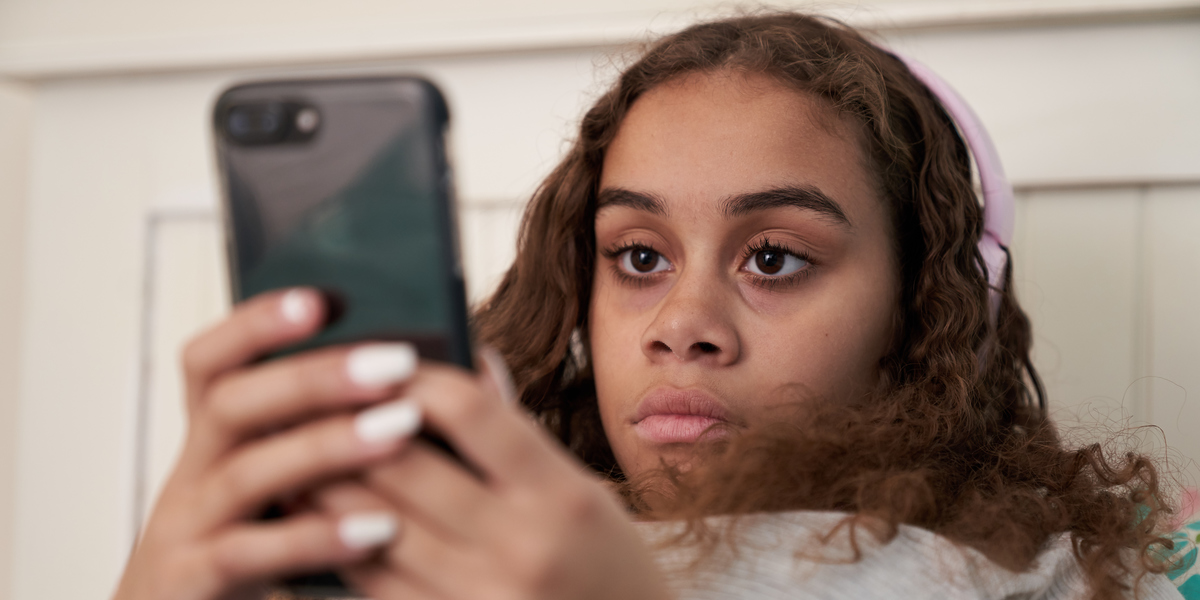
The move to online telehealth consultations during the COVID-19 pandemic has been rated a success by young Australians and could change the way mental health treatment is accessed, new research from Orygen has found.
The study found the majority of young people with mental ill-health who used telehealth reported a positive impact on the service they received. Almost all clinicians surveyed endorsed the ongoing use of telehealth to support service delivery.
Telehealth, a method of delivering healthcare that involves the use of technology such as a mobile phone or a computer, was rapidly implemented in youth mental health services due to the COVID-19 pandemic. The Orygen researchers sought the perspectives of young people and clinicians on how telehealth impacted service delivery and service quality, with a view to improving future use of telehealth.
Dr Imogen Bell, who co-authored the study with Dr Jennifer Nicholas, said digital health researchers had been looking at how to harness digital technologies to deliver mental health services and treatments for several years.
“There has always been a concern that using digital technologies in mental health service settings was never going to be as good as doing things face-to-face, a view held particularly among clinicians,” Dr Bell said.
“When COVID-19 hit, it allowed us to test this theory.”
More than 300 young people aged 12-25 years who used a mental health service, and 92 clinicians, took part in an online survey exploring service provision, use, and quality following the adoption of telehealth.
Dr Nicholas said the survey showed that most young people felt the quality of service improved when accessed via telehealth. The results have been published in the journal Psychiatry Research.
“In particular, young people found access to care via telehealth more convenient, they felt the service met their needs and they felt respected and supported using the service,” she said
Clinicians were more tentative, concluding that the telehealth method would not suit some young people, but Dr Nicholas said fears about a general reduction in quality had been allayed.
“Overall, this study showed that concerns around the use of technology leading to the delivery of substandard mental health care were not justified, rather, technology could enhance the mental health services on offer.”
Dr Bell said the results of the study supported the permanent roll out of telehealth services.
“The next step is to research who is best suited to digital technologies, and other ways technology can help make services more accessible and engaging to young people,” she said.
“With COVID-19, we’ve been given a huge opportunity to try new things, to change the status quo. We’ve learned that telehealth works for most young people, and we want to further this understanding and to apply these teachings wider.
“I think this is the way of the future.”
The research was funded by a Victorian Government Innovations Grant.